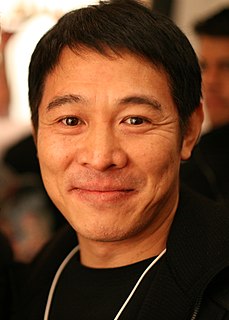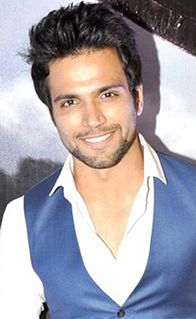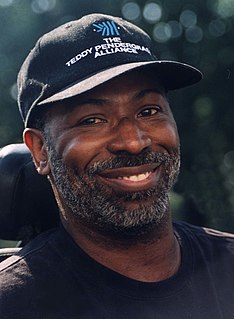A Quote by King Hu
The audience is the camera. I don't want the audience to sit and watch, I want it to move.
Related Quotes
If you sit in on a film class with students, their big complaint is "That's not like real life." They don't realize that they don't really want to watch real life. They don't want to sit and watch a security camera. There's a strong gravity in all of us as viewers - even in myself now and then - to want to see real life depicted. But you're looking for it in the wrong places. It's in little allegories, in something removed.
As an actor, you should always keep your trump card hidden from your audience. I want the audience to keep expecting more and more from me. I want to do 'different' work - good and memorable roles - so that audience appreciate me more. That's why I love to surprise my audience with something they never expect me to do.
Well, besides being entertained, I’d like to move them emotionally. I mean I really want to uplift them. I want to look down at the audience, and this is personal experiences now I’m going to tell you. It’s like you look down at the audience and see people smiling, crying, hugging each other. I want them on their way home to feel empowered like they can do anything.






































